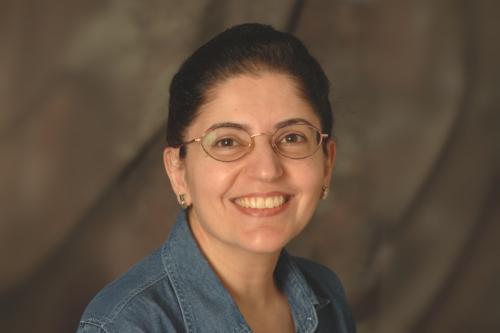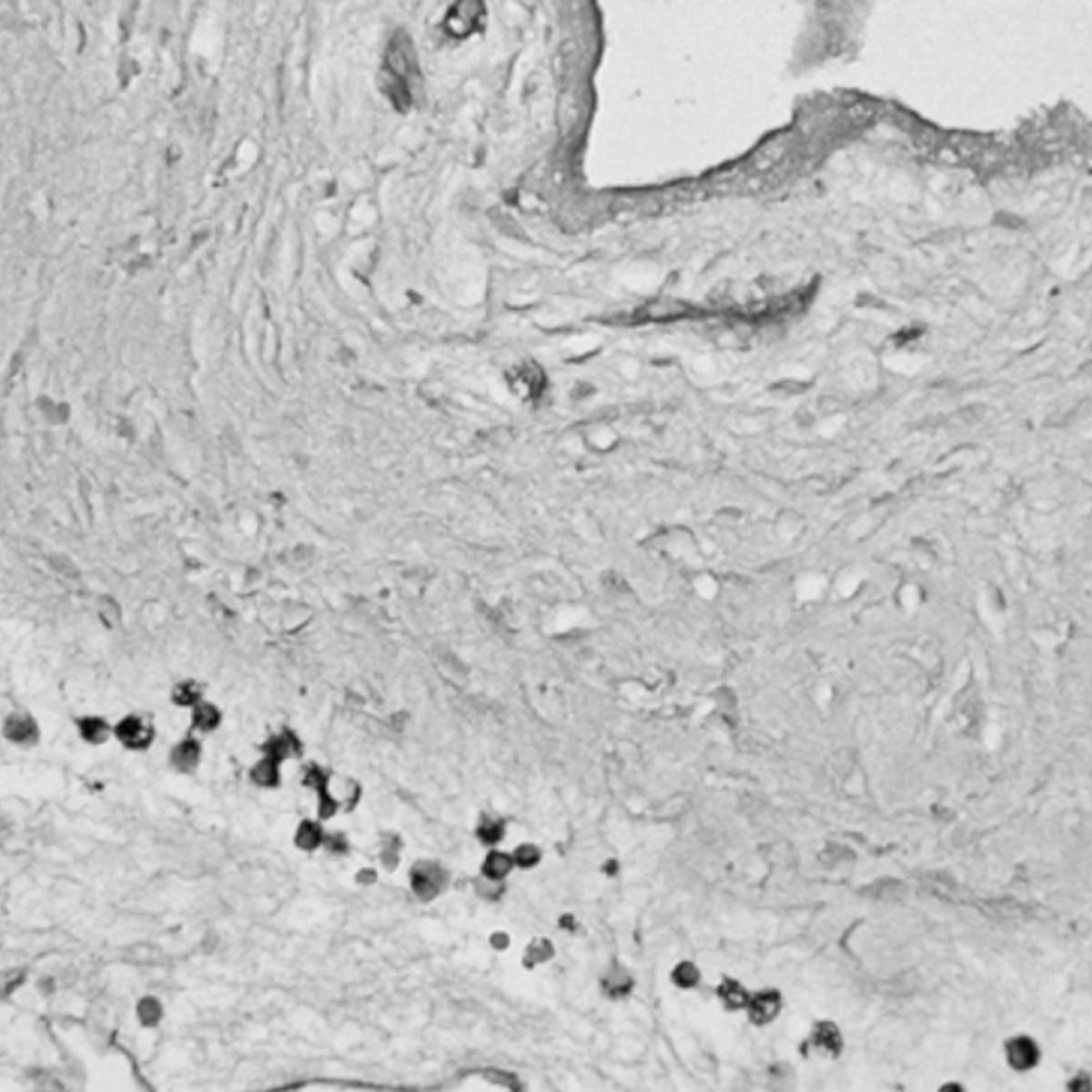
Marlin Touma, M.D., Ph.D.
- Associate Professor-in-Residence, Pediatrics
- Associate Professor-in-Residence, Molecular, Cell and Integrative Physiology
- Director, UCLA Congenital Heart Defect Research Program
- Founder and Director, UCLA Congenital Heart Defect BioCore

Marlin Touma, M.D., Ph.D., is a physician-scientist who specializes in neonatal and congenital heart diseases. Her research focuses on how heart muscle cells form and mature during early life, providing insights that could drive the development of improved diagnostic tools and targeted therapies for babies with congenital heart defects.
Congenital heart defects, or CHDs, are the most common birth defects, affecting approximately 1% of live births and contributing significantly to infant morbidity and mortality. Despite their prevalence, the underlying causes remain poorly understood. To address this unmet need, Touma uses genomics platforms, patient-derived induced pluripotent stem cells and disease model systems, uncovering how genetic variants and non-coding RNAs influence neonatal heart development.
One key area of focus is the identification of gene-environment regulatory circuits that contribute to the formation and specialization of heart chambers, which may be disrupted in infants with CHDs. Her unique and well-characterized CHD cohort allows for comprehensive and systems-based investigations to elucidate the mechanisms of CHDs, improve the diagnostic yield of genomics platforms and ultimately develop targeted therapies.
Touma leads the UCLA Congenital Heart Defect BioCore, a central research portal that integrates genomics, systems biology and clinical data to study CHDs at multiple levels — from genetic discovery to patient outcomes. This work, conducted in partnership with our center, the Children’s Discovery Institute and the Cardiovascular Theme, brings together experts across fields to translate scientific discoveries into meaningful clinical advancements.
Research Projects
- Identifying gene-environment regulatory circuits that dictate neonatal heart chamber development
- Investigating the role of non-coding RNAs in neonatal heart formation and their disruption in congenital heart defects
- Characterizing a novel non-coding RNA Short for RiboNucleic Acid, this molecule carries genetic messages from DNA and is found inside living cells. These messages tell cells to make the proteins that play many critical roles in the body. RNA Short for RiboNucleic Acid, this molecule carries genetic messages from DNA and is found inside living cells. These messages tell cells to make the proteins that play many critical roles in the body., Ppp1r1b-lncRNA, involved in muscle cell differentiation The process by which stem cells transform into specific, specialized cell types with distinct functions and features. differentiation The process by which stem cells transform into specific, specialized cell types with distinct functions and features. and regeneration
- Exploring the role of cilia proteins in endocardial fibroelastosis, a rare cardiac condition affecting infants and children
-
Medical Board Certifications
- Neonatal-Perinatal Medicine, American Board of Pediatrics, 2012
- Pediatrics, American Board of Pediatrics, 2008
Fellowships
- Research Fellowship, David Geffen School of Medicine at UCLA, 2015
- Neonatal-Perinatal Medicine, Boston Children's Hospital, Harvard Medical School, 2011
Residencies
- Pediatrics, Dell Children's Medical Center, 2008
- Pediatrics, Children's Hospital of Damascus University, Syria, 1996
Degrees
- Ph.D., David Geffen School of Medicine at UCLA, 2015
- M.D., Damascus University Faculty of Medicine, Syria, 1992
